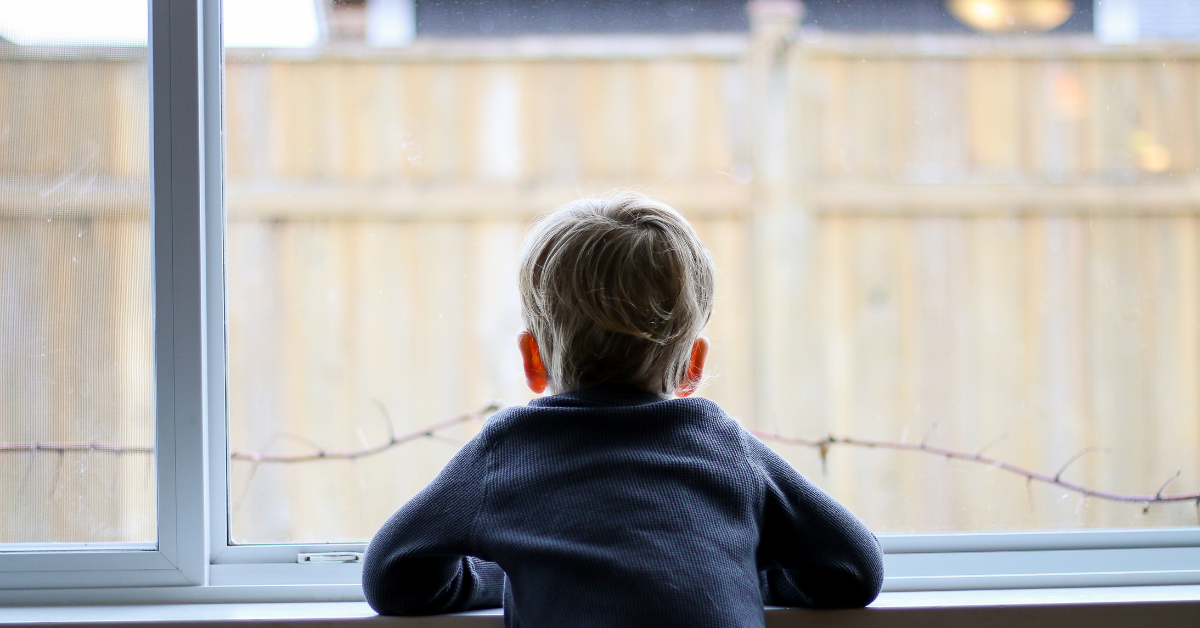Adoption Travel in the Time of COVID-19

The global spread of COVID-19 has significantly impacted travel for adoptions from China since early February. With growing concern about international travel in general and its impact on adoptions from other countries, many prospective adoptive parents are trying to determine the best course of action for travel plans in the midst of a rapidly changing, and unpredictable situation. Emotions can run high as parents long to bring home their waiting child, yet face the realities of complex uncertainties associated with international travel in this difficult time.
NCFA member agency, Holt International, together with its clinical team and resources from the CDC and U.S. Department of State, have outlined a number of key considerations for families who are weighing their options and making travel decisions. Along with these considerations, explained below, NCFA urges families to work closely with their adoption agency, utilizing them as their first and best resource for guidance and travel information.
General travel considerations:
Prospective adoptive families are urged to adhere to the U.S. Department of State’s travel advisories. We also understand that there may be select circumstances which require an imminent need to travel internationally to complete your child’s adoption. If you travel to a country where any travel warning is in place, you should prepare for the possibility of the warning level to rise while you are traveling. The quarantine period in the U.S. is currently 14 days. This is an emerging and unpredictable global crisis and changes to quarantine protocol can change rapidly.
Before traveling, you should consider the following:
• Potential life impacts should you be quarantined or contract the virus and need extended health care services. This would include employment, childcare, access to medications, financial responsibilities, etc.
• Think about the essential items your travel party, and any family members not traveling, may need to have on hand in the event that you are transferred to a quarantine facility upon arrival. Prescriptions, over the counter medicine, medical supplies, etc.
• Should you or anyone in your party become symptomatic (whether you have COVID-19 or not), you could be subjected to mandated changes to travel plans, which may impact your ability to return to the U.S. as planned. If you are quarantined abroad, you will be responsible for covering any associated costs such as flight changes, accommodations, food, etc.
Considerations regarding the U.S. quarantine experience:
• There are multiple quarantine facilities in use across the country. Travelers will not have an opportunity to choose their quarantine location.
• If ordered to be quarantined in your home, you will need to have everything delivered for at least two weeks (food, household, and medical supplies). Make your support plan ahead of time.
• In a quarantine facility, your family will likely be evaluated and tested multiple times a day, including needle pokes, by medical professionals wearing bio-protective suits. This is not a normal experience and will be scary to a child who is already confused and overwhelmed.
Consider the possible impacts to adjustment/attachment with your child:
• Children’s stress levels are subject to our own. Traveling under these circumstances will certainly be a challenging experience for everyone. Discuss ways to manage your own anxiety and stress ahead of time.
• When a child’s initial experience of a new parent(s) is to be confined/quarantined and medically probed, the child might blame the parent(s) for the experience which might have long-lasting negative impacts on the relationship.
• For children who have a history of negative attachment experiences, the intensity of being confined in a small space with adults they are not familiar with could negatively impact the adjustment/attachment process.
• Families considering solo-parent travel under these circumstances must reflect on their capacity to remain in a well-regulated state while meeting the child’s emotional needs without much (if any) external support or entertainment.
• For children with a history of medical trauma, the experience of being met with invasive medical testing/care by medical professionals wearing bio-protective suits, may trigger significant fear-responses that could present as withdrawn or aggressive behaviors.
• Children with extensive pre-existing or unforeseen medical needs who enter into a quarantine facility may have limited access to specialty services and care.
• Expect developmental and behavioral regression to occur in waves at each new juncture (i.e. upon entering quarantine, leaving quarantine, arriving at your home) which are all new transitions for your child (i.e. new environment, new people, and new foods).
• It is unknown if there will be any translation support while in quarantine. An inability to communicate could result in a child that experiences significant frustration and, as a result, emotional dysregulation.
• Individuals who have recently traveled overseas, as well as those currently leaving quarantine, report experiencing discrimination when returning to their communities. Consider how this might impact your family and your child’s adjustment process.
The duration and breadth of travel restrictions is unknown. The exact challenges each family could face related to attachment/adjustment under these circumstances cannot be predicted with certainty. We urge families to give careful consideration to the issues discussed herein, to monitor the guidance provided by the CDC and U.S. Department of State, and to work in close consultation with their adoption agency professionals.
NCFA shares in the disappointment and understands the pain that may families are experiencing at this time. There is a common sense of urgency for children to know the love and nurture of a prepared, permanent family as soon as possible. In this difficult time, we are encouraged by the resolve and commitment of waiting adoptive families and the collaborative spirit of adoption professionals to serve families and children well as they navigate an unprecedented situation.
Our thanks to Holt International’s team of clinicians for their substantive contribution to this post.



